The Culture and Customs of Brazil
Brazil is one of the most multi-racial nations in the world resulting in a diverse, colourful and unique culture that reflects the ethnic and cultural mixing of indigenous people with Europeans and Africans. Brazil is a melting pot of nationalities that resulted from Portuguese colonisation, European immigration and slavery and led to its complex and fascinating culture.
Population of Brazil
Brazilians can be identified by the region that they come from including:
Gauchos
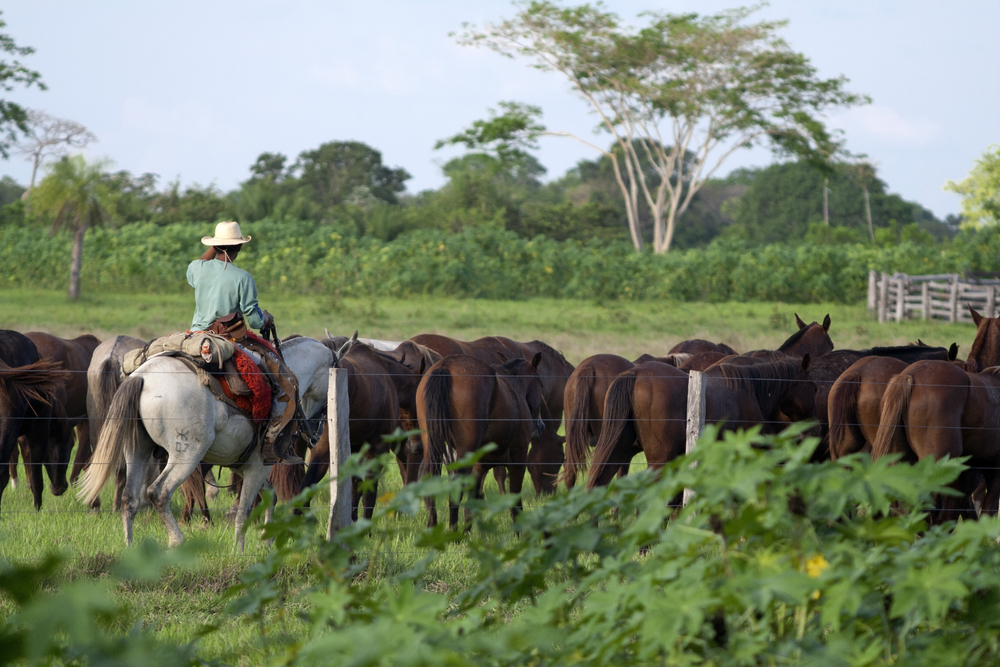
Native to southern Brazil, with a European culture influenced by their Italian, German and Eastern-European ancestors, gauchos are the traditional cowboys of South America.
They make their living working with horses, sheep and cattle and typically wear traditional clothing that includes a poncho draped over the shoulder, wide pantaloon trousers, a wide belt and boots. Brazilian gauchos have developed their own unique culture complete with their own cuisine where meat features heavily and a love of the land.
Paulistas
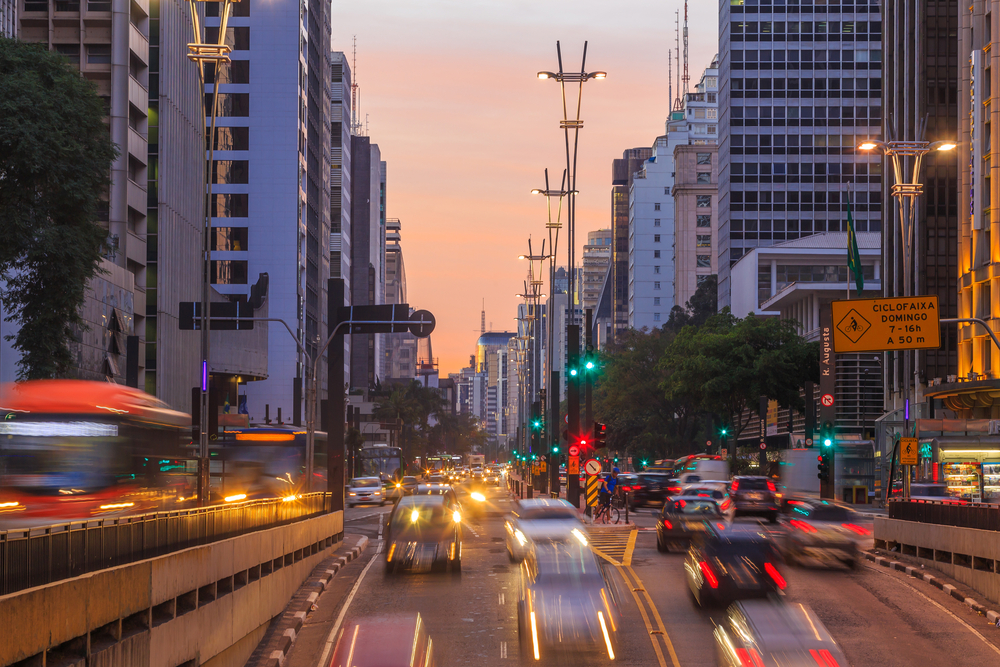
Paulistas are residents of the state of Sao Paulo, the foremost industrial centre of Latin America. Paulistanos are residents of the city of Sao Paulo also known to have a strong work ethic due to Sao Paulo being the industrial capital of the country.
Sertanejo
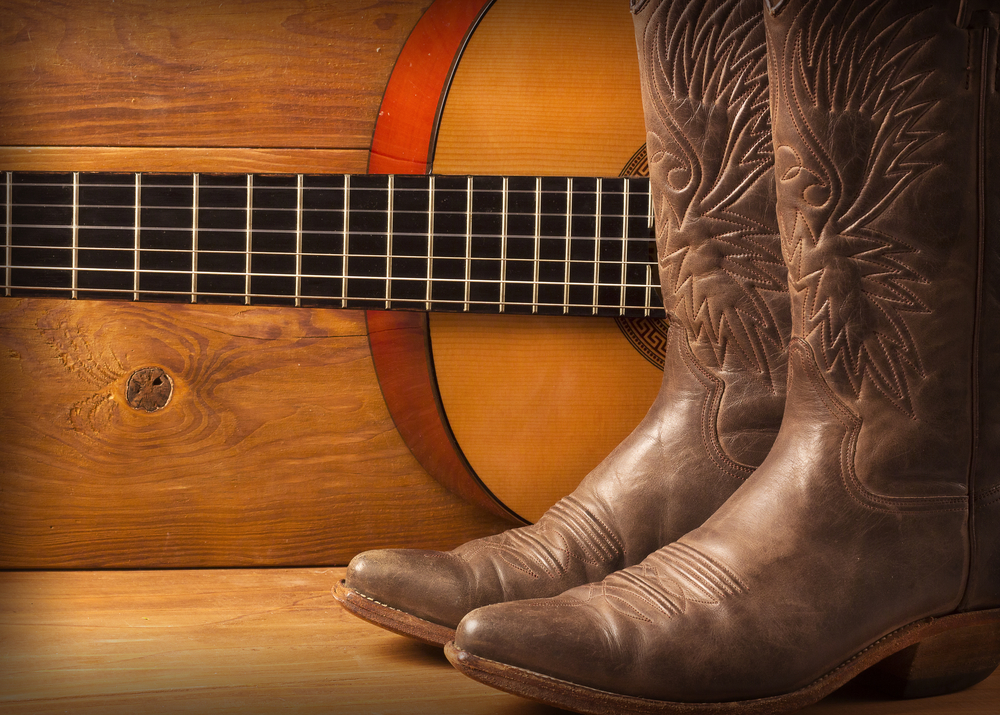
Sertanejos are the natives to the interior, known for their cowboy culture and country music.
Bahianos
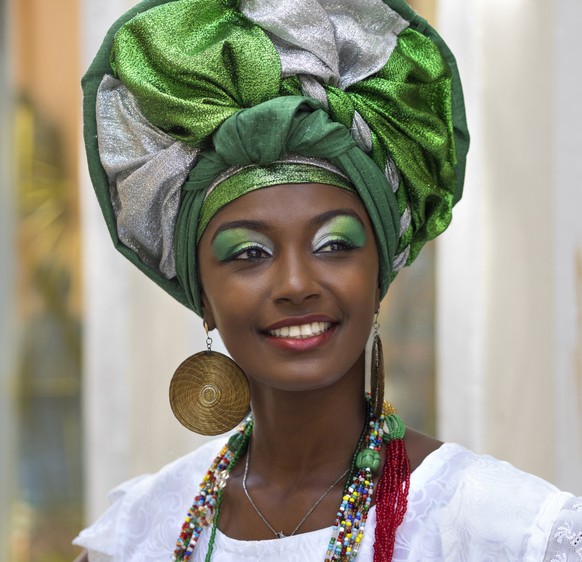
Bahianos are from Bahia in the northeast of Brazil. They have integrated many African beliefs and customs into their culture, as a result of the African slaves that were brought to this area to work the sugar plantations. Salvador is the capital of Bahia and the heart of Afro-Brazilian culture.
Cuisine and Culture
Against this backdrop of diverse cultural heritage and geographical differences across such a vast country, Brazil has developed distinct regional variations in food, traditions and even language.
Southern Brazil
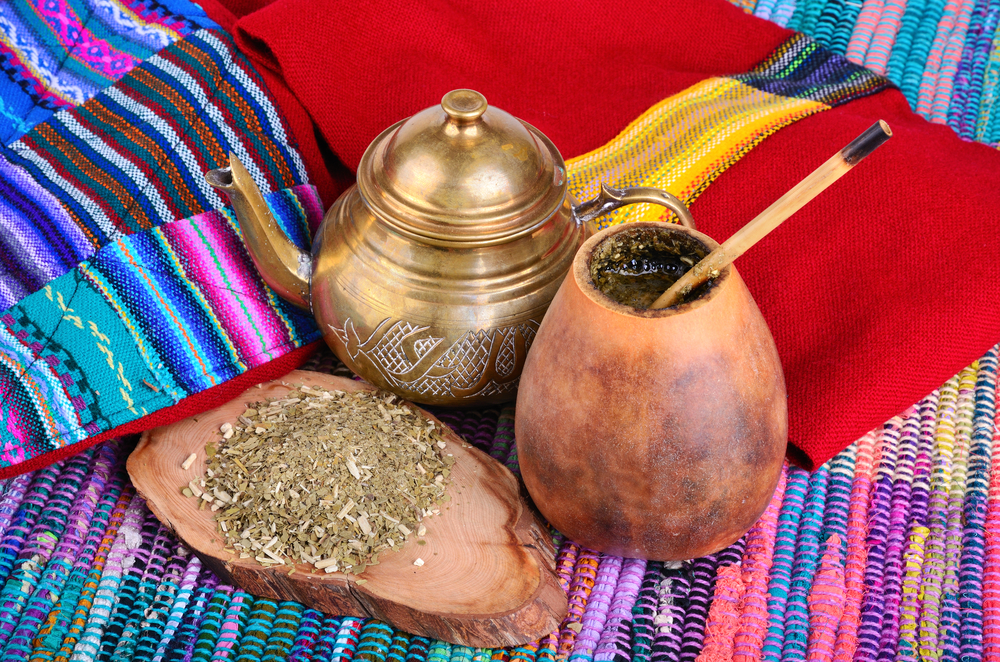
Herbal tea (mate) is prepared by steeping dried leaves of yerba mate in hot water. It is traditionally served in a shared hollow gourd known as a cuia or cabaça in Brazil. The tea is sipped through a metal straw known as a bomba, traditionally made of silver but now more commonly made of stainless steel or nickel silver.
Bahia
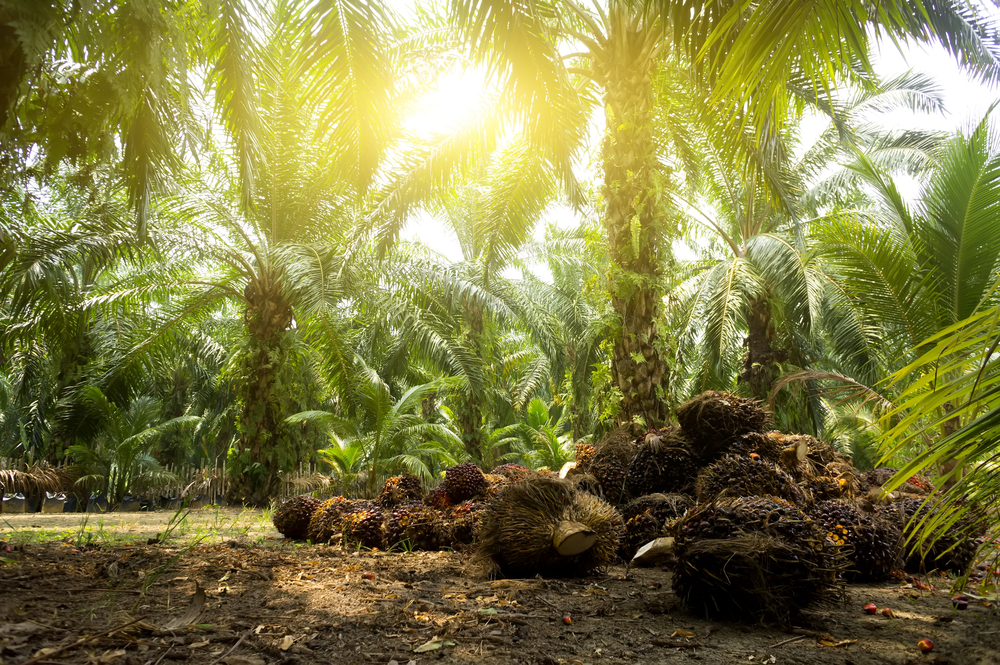
Palm oil is used in cooking and African deities are worshipped. Many of the religious ceremonies of Bahia combine African and Catholic symbolism and Bahianos are known for their love of music and dance.
Amazonia
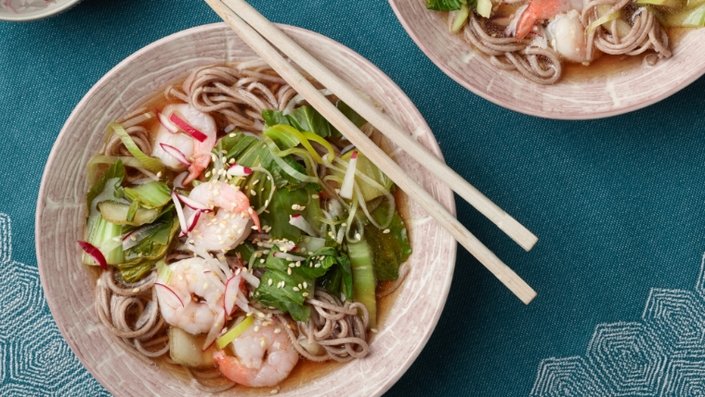
Tacaca soup (made from jambu, wild manioc and dried shrimp) is a traditional dish of Amazonia and various indigenous dialects are spoken in the region.
Few other countries can boast such diverse cultural differences from one end of the country to the next!
Festivals and Celebrations
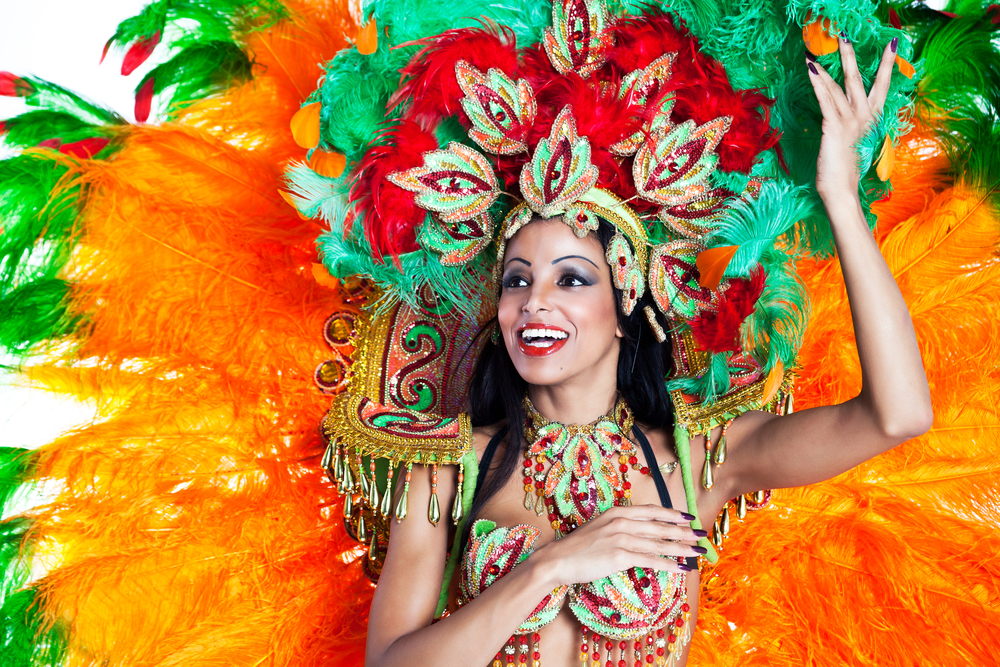
Brazil is well known for its colourful festivals and celebrations. Its most famous festival is of course Carnival, celebrated throughout Brazil. Each city celebrates in its own unique way, but typically the streets are filled with music and dance parades, ornate costumes and opulent decorations.
Whether you want to match your travel dates to the Rio Carnival or simply add the majestic Machu Picchu to your itinerary, we are the Latin America experts and can easily match your travel style. Don’t hesitate to contact us today and let us help you plan your trip of a lifetime!

Where Will You Go Next ?
- Popular Destinations
- Antarctica
- The Arctic
- South America
- Central America
- More to explore
- Amazon
- Antarctic Circle
- Antarctic Peninsula
- Argentina
- Bolivia
- Brazil
- Canadian Arctic
- Chile
- Colombia
- Costa Rica & Panama
- East Antarctica
- Ecuador
- Galapagos Islands
- Greenland
- Guatemala & Honduras
- Machu Picchu
- Mexico
- Patagonia
- Peru
- South Georgia and Falkland Islands
- Spitsbergen
- Sub Antarctic Islands

Talk to one of our experienced Destination Specialists to turn your Antarctic, Arctic and South American dream into a reality.
Contact us